Simple guide to Trusts.
Simple guide to Trusts.
A Trust is a private agreement between two or more individuals with which a person transfers his assets to another person who undertakes to hold them and manage them for the benefit of others.
So we have four players:
- The assets (the Trust Property) which can be any asset like immovable property, shares, cash etc.
- The person that has the assets which is called the Settlor
- The person that manages the assets the Trustee and the
- Persons for whom the Trust Property is managed called Beneficiaries.
For example, person A holds 1000 shares in a company called XYZ Ltd, and wants to create a trust and make sure that the shares after he dies are eventually taken by his two children.
A can create a Trust and appoint B as a Trustee.
B will become the owner of the shares in XYZ Ltd , but will hold the shares in trust for the two children (Beneficiaries).
Thus in our example:
- A is the Settlor
- B is the Trustee
- The shares of XYZ Ltd are the Trust Property and the
- The two children are the Beneficiaries.
What about disclosure?
A question that is often posed is whether the Trust must be registered with any authority in Cyprus.
The answer is positive.
In Cyprus we have two registries.
The first is the public registry for the shareholders of private companies, the Companies Registry. This is managed by the Registrar of Companies. In the Companies Registry all companies must declare their true shareholders, often referred to as ultimate beneficial shareholders (UBOs). The information in the Companies Registry will be available to the public as from the end of March 2022. Any person will be able to enter the online platform and make a search.
The second registry is the registry for Trusts. A Trust must be registered with the Trusts Registry which is administered by the Cyprus Securities and Exchange Commission (CySEC). In the Trust Registry information like the Settlor, Trustee and Beneficiaries must be disclosed. The Trust Registry will not be available to the public. It will be accessible following an application and after the applicant shows some “legitimate interest” in obtaining the information.
The difference between the two registries is that the Companies Registry is available to the public whereas the Trust Registry is not.
Therefore in our example above if A transfers his shares to the Trust, the Trustee of the Trust will appear as shareholder of the XYZ Ltd in the Companies Registry and no other information will be readily available.
The Trust must be registered with the Trust Registry, but the persons behind the Trust will not be publicly visible. If someone wants to know the persons behind the Trust, then he must apply to the CySEC and show legitimate interest. At the time of writing the Trusts Registry is not yet put into operation.
For more articles on the matter click this link:
https://www.lawyer.com.cy/category/trusts/
